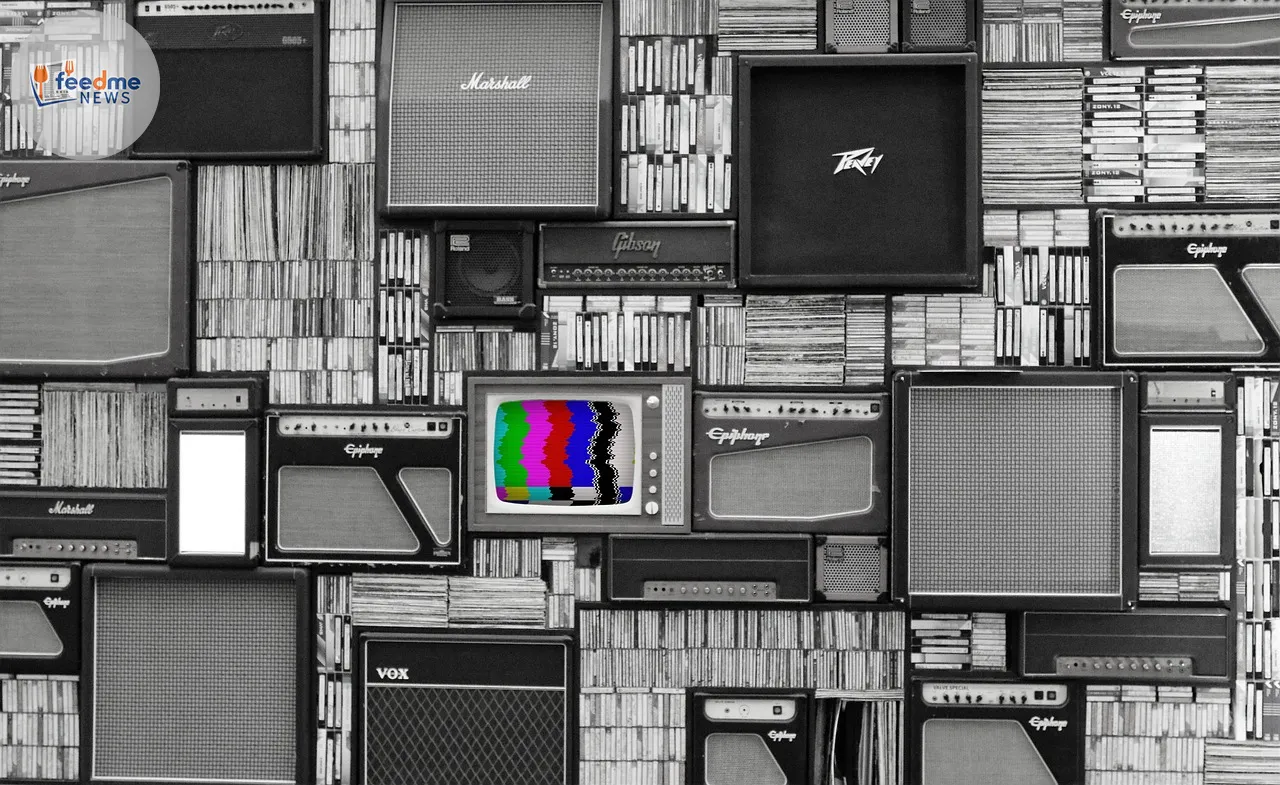Lady Chief Justice Baroness Carr has issued a stark warning about the dangers of inaccurate and sensationalised media reporting. She emphasises that misleading narratives can lead to severe consequences, including death threats against members of the judiciary. Her remarks highlight growing concerns over the role of the press in shaping public perception and the potential risks posed to individuals in the legal profession.
This statement from Baroness Carr comes amid a turbulent period for the judiciary, with increasing instances of threats and intimidation directed at judges. Speaking at the Annual Judicial Conference held on 27 February 2025, she called for greater responsibility and accuracy in media reporting, urging journalists to uphold ethical standards to prevent misinformation from escalating into violence.

The Role of Media in Shaping Perception
Baroness Carr’s comments underscore the influential role of the media in shaping public opinion. She noted that while freedom of the press is fundamental to democracy, it must be balanced with the responsibility to report objectively and accurately. “Inaccurate reporting not only misleads the public but also endangers the lives of those working within the justice system,” she stated.
The Chief Justice highlighted several recent instances where sensationalist headlines have contributed to public outrage, resulting in direct threats to judges. These cases illustrate the potential for harm when the media prioritises dramatic narratives over factual reporting. Experts within the media industry agree, asserting that maintaining credibility and trust should be paramount in journalism.
Rising Threats Against Judges
The judiciary has seen a troubling rise in threats, with judges increasingly becoming targets of public anger. Baroness Carr revealed that several judges have reported receiving death threats, a situation exacerbated by inflammatory media coverage. Such threats not only pose personal risks but also undermine the integrity and independence of the judicial system.
Statistics from the Ministry of Justice indicate a marked increase in reported incidents of harassment against judges over the past year. Legal analysts attribute this trend to a combination of factors, including heightened political polarisation and a media landscape that often favours sensationalism over substance. This environment has created a fertile ground for misinformation to flourish, potentially inciting violence.
Calls for Ethical Journalism
In her address, Baroness Carr urged media outlets to adopt more rigorous standards of ethical journalism. She called on editors and reporters to prioritise accuracy and context in their coverage of legal matters. “Journalists have a duty to inform the public truthfully, without resorting to exaggeration or distortion,” she said.
The Chief Justice’s appeal resonates with ongoing discussions within the journalism community about the need for reform. Many journalists acknowledge the challenges of reporting in a fast-paced digital era but stress the importance of upholding the core principles of the profession. Media organisations are encouraged to invest in training and resources to ensure their teams can navigate complex legal issues responsibly.
The Impact on Public Trust
The consequences of media inaccuracy extend beyond immediate threats, affecting public trust in the judicial system. When the media misrepresents legal proceedings or judicial decisions, it can erode confidence in the fairness and impartiality of the courts. This erosion of trust poses a significant challenge to the rule of law and democratic governance.
Research from the University of Oxford highlights the correlation between media misrepresentation and declining public trust in institutions. The study suggests that restoring faith in the judiciary requires concerted efforts from both the media and legal sectors to promote transparency and factual reporting. Ensuring that the public receives accurate information is crucial to maintaining the credibility of the justice system.
Moving Forward: Collaborative Solutions
Baroness Carr’s remarks have sparked a dialogue about the need for collaborative solutions to address the issues of media inaccuracy and judicial safety. She called for open communication between the judiciary and the media to foster mutual understanding and respect. By working together, both sectors can help mitigate the risks associated with misinformation and protect the integrity of the legal system.
As part of these efforts, Baroness Carr proposed the establishment of a joint task force comprising representatives from the judiciary, media, and regulatory bodies. This task force would focus on developing guidelines and best practices for reporting on legal matters, ensuring that the public receives accurate and balanced information.
In conclusion, Lady Chief Justice Baroness Carr’s call for objective and accurate reporting serves as a timely reminder of the media’s responsibility in safeguarding democratic institutions. By prioritising factual accuracy and ethical standards, journalists can play a crucial role in supporting the rule of law and protecting the individuals who uphold it. As the conversation continues, it is hoped that collaborative efforts will lead to meaningful change and a safer environment for all involved.





